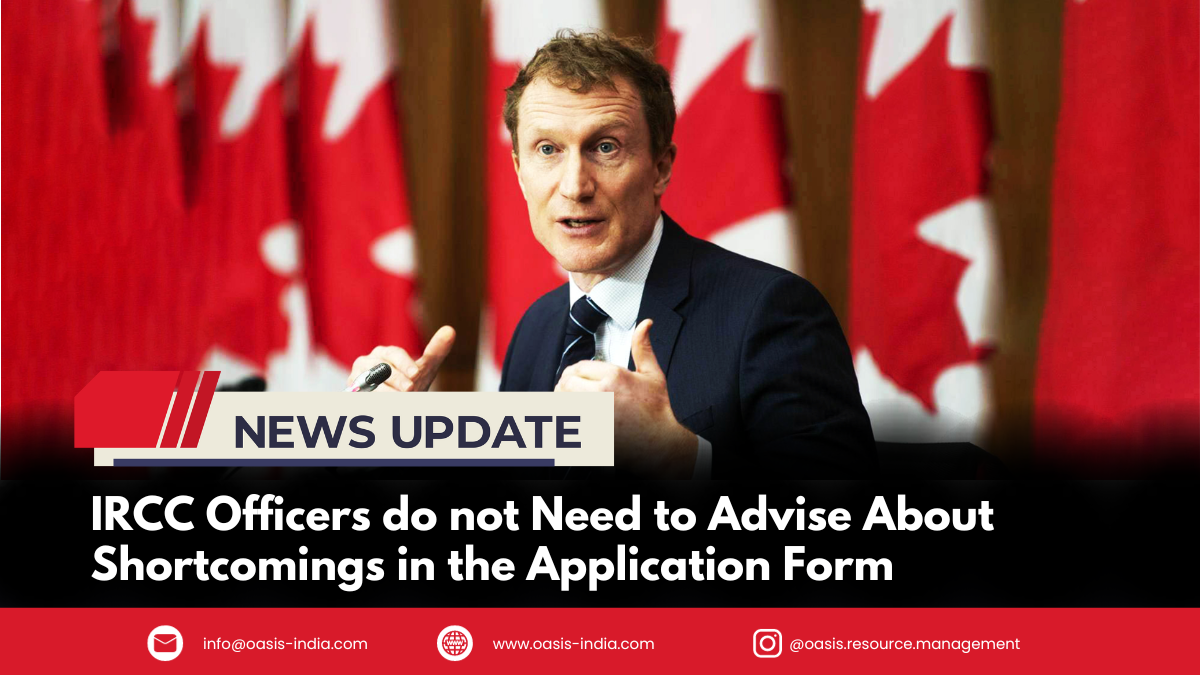
The federal court of Canada announced that IRCC officers do not need to advise about shortcomings in the application form to propose business.
In a recent decision, the Federal court of Canada emphasized that the officer handling applications does not have to inform applicants about their application’s weak points before making a decision.
This ruling came in a case involving an applicant from Iran who sought a work permit under the International Mobility Program, designed for entrepreneurs starting businesses in Canada.
During the review, Immigration officer noticed a difference that the business plan required an initial investment of $138,600 CAD, while the applicant’s bank statements only showed a balance of around $150,000 CAD.
The officer was not convinced that the proposed business would be a reasonable expense. Additionally, the applicant’s sales estimates for the first year were high, but lacked support from potential contracts or clients.
The officer concluded that the applicant did not present a viable business plan that would significantly benefit Canada, leading to the refusal of the work permit.
The applicant was not satisfied with the decision, so he sought a judicial review. He argued that the decision of the officer was unreasonable and lacked fairness in the process.
The applicant believed his proposed business was viable and would greatly benefit Canada. He emphasized having the necessary background and skills and taking initial steps to implement the business plan through Europe tourist Visa.
Applicant claimed he misunderstood or failed to consider evidence of his expenses. Specifically, he mentioned having bank accounts and properties in Iran worth over $2 million. He could invest the required $138,600 in a Canadian business venture.
However, the court examined the officer’s conclusions about the applicant’s business plan. They found the officer’s decisions were clear, understandable, and justified based on the evidence provided by the applicant. The court acknowledged that the officer had the right to decide that the proposed investment was not a reasonable expense, especially since the application did not mention the $2 million worth of bank accounts and properties claimed by the applicant.
The applicant argued that he did not get a fair chance to respond to the officer’s concerns about his application. However, the court clarified that officers are not obligated, as a matter of fairness, to inform applicants about any issues or weaknesses in their application.
This federal court ruling suggests that procedural unfairness may only occur if officers do not seek more information from an applicant when their concerns go beyond the application criteria in the regulations, especially regarding credibility, accuracy, or the truthfulness of the information submitted.
Because officers are not required to tell applicants about weaknesses, it is crucial for applicants to provide all evidence or information initially to create the strongest possible application. There might not be another opportunity to fix issues or provide more evidence after an application has been submitted for review. Therefore, it is essential to ensure that all relevant evidence is included from the start.
If you want to get more information related to IRCC, then Consult with us. Oasis Visas will help you









